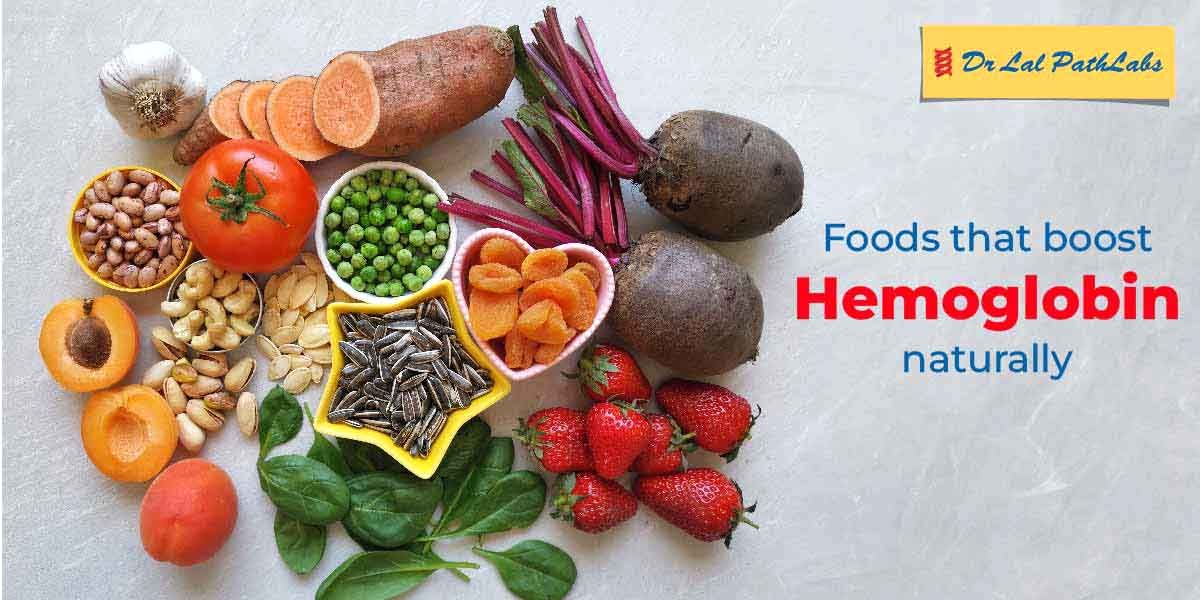The Importance of Balanced Nutrition
Eating right is the key to good health and lifestyle. Limiting processed foods and making healthy changes to the diet not only ensures a healthy mind and body but also helps in weight management and preventing diseases.
This article will explore what a balanced diet is and the importance of nutrition in maintaining overall health.
What is a Balanced Diet?
A balanced diet includes all the vital nutrients the body requires to function properly. It includes a variety of foods that provide the body with adequate amounts of vitamins, minerals, carbohydrates, fats, proteins, fibres, and calories.
A healthy Standard diet plan comprises a mix of fresh fruits, vegetables, whole grains, and nuts to meet the following nutritional requirements:
• Carbohydrates: 50-60%
• Protein: 12-20%
• Fats: 30%
What is the Importance of Balanced Nutrition?
Consuming a balanced diet offers several benefits for physical, mental, and emotional wellbeing:
• Better Physical Health
A balanced diet provides the body with all the vital nutrients, vitamins, and minerals to support the healthy functioning of the organs. It improves overall physical health by strengthening the immune system and lowering the likelihood of diabetes, obesity, and heart disease.
• Improved Digestion
A balanced diet chart recommends a variety of foods rich in fibre, promoting healthy digestion. This also prevents gut issues like bloating, constipation, or indigestion, helping the body absorb nutrients easily.
• Increased Energy Levels
Consuming a balanced amount of carbohydrates, proteins, and fats helps stabilise blood sugar levels. This ensures consistent energy levels throughout the day and prevents fatigue.
• Improved Skin Health
A balanced diet provides the body with the required nutrients like vitamins A, C, and E and antioxidants that help promote skin health. It lowers the risk of acne and other skin conditions, ensuring radiant skin.
• Enhanced Mental and Emotional Wellbeing
Eating right has a significant impact on one’s mental and emotional health. It improves mood, supports brain function, and lowers the risk of mental health disorders.
• Diabetes Management
A balanced diet helps manage diabetes by regulating blood sugar levels. It prevents blood sugar spikes and supports overall glucose control.
• Improved Memory
Balanced nutrition, such as omega-3 fatty acids, antioxidants, and vitamins C, D, and E, promotes cognitive function and memory retention.
What are the Primary Components of a Balanced Diet?
A balanced diet includes seven essential components:
• Carbohydrates: They provide the body with energy. Some examples of healthy carbohydrates include whole wheat, oats, millets, legumes, potatoes, etc.
• Protein: It supports the growth of muscles, tissues, and organs. Healthy diet foods rich in protein include beans, chicken, fish, eggs, lean meat, greek yoghurt, nuts, and seeds.
• Fats: Healthy fats help maintain optimal body temperature and aid in nutrient absorption. Foods containing healthy fats include nuts, seeds, avocados, fatty fish, and extra virgin olive oil.
• Vitamins: There are 13 essential vitamins that boost immunity and support the body’s overall health and development. Vitamin-rich food options include fresh fruits, vegetables, seeds, nuts, and poultry.
• Minerals: They strengthen the bones and help release energy from food. Some sources of minerals include nuts, seeds, fish, meat, cereals, and beans.
• Fibre: Fibrous foods help digestion and regulate blood sugar and cholesterol levels. Examples include whole grains, brown rice, oats, beans, seeds, and nuts.
• Water: It is recommended to drink at least 8 glasses of water everyday to stay hydrated and maintain healthy bodily functions.
Mistakes to Avoid in a Balanced Diet
Following a balanced diet is crucial to ensure overall physical and mental wellbeing. However, it’s important to avoid certain mistakes:
• Skipping Meals
Skipping meals, especially breakfast, can cause overeating later in the day. This can affect blood sugar levels and increase cravings, leading to poor food choices.
• Not Eating Enough Fruits and Vegetables
Fruits and vegetables are abundant in vitamins, fibre, minerals, and antioxidants. Not including them adequately in the diet can cause nutrient deficiencies, weaken the immune system, and increase the risk of chronic diseases.
• Consuming Processed Foods
Processed foods often include unhealthy ingredients, like refined sugars and artificial additives, that add no nutritional value to the body. Moreover, they may cause weight gain and increase the risk of heart disease.
• Adding Too Much Salt to the Food
Consuming excessive salt can increase the risk of high blood pressure, heart disease, and stroke. Therefore, it’s important to limit salt consumption by opting for other herbs and spices for flavour.
• Not Drinking Enough Water
Drinking adequate water is crucial to stay hydrated and ensure proper digestion. Not drinking enough water can cause fatigue, dehydration, and poor cognitive function.
A balanced diet supports overall wellbeing. For a more personalised balanced diet chart, it’s best to consult a doctor and book a vitamin test with Dr. Lal PathLabs to identify any deficiencies.
FAQs
1. How important is balanced nutrition?
Balanced nutrition is essential as it provides the body with all the necessary nutrients to function correctly.
2. What is the importance of a balanced diet?
A balanced diet promotes physical and mental health, improves digestion, enhances memory, helps with diabetes management, and increases energy levels.















